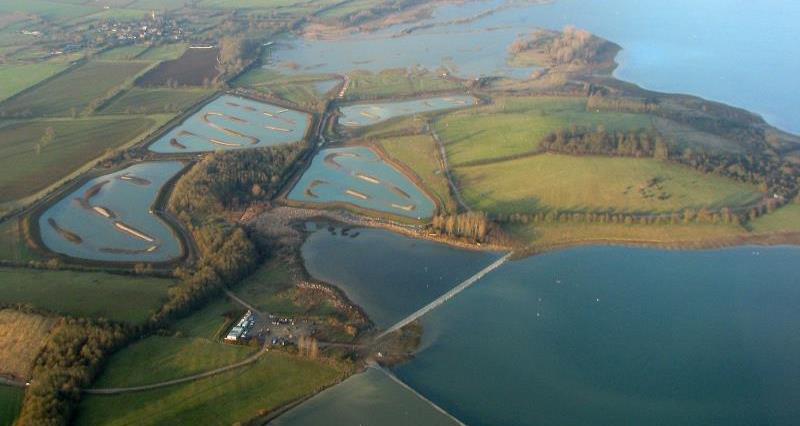Currently, most planning applications relating to ‘built’ water infrastructure are decided by local planning authorities. But Defra is minded to develop a national policy statement setting out the need for water supply infrastructure which can be classified as ‘nationally significant’. This would allow applications to be determined centrally.
The need for action is clear. It is estimated that England will face a water deficit of up to 22% of total water demand by the 2050s with London and the south and east particularly affected.
As part of its overall framework to deal with this potential shortfall, Defra issued a draft water policy statement on 13 November which includes proposals to classify more water supply infrastructure as nationally significant infrastructure projects (NSIP).
Infrastructure projects given the status of NSIPs means that permissions would be decided by the Secretary of State under the Planning Act 2008, rather than the traditional planning route of determination by local authorities under the Town and Country Planning Act 1990.
Defra is seeking views on whether to change existing capacity thresholds for dams, reservoirs and water transfers to allow more projects to be determined under the 2008 Act.
The current consultation closes on 22 December 2017.
Members interested in providing comments for the NFU response should email the NFU's water resources specialist Paul Hammett before 10 December.
Desalination plants are not currently included in NSIP definitions but Defra wants to change this and is seeking views on the appropriate threshold water capacity for new projects, bearing in mind that more sites will be developed in the coming years.
Defra may also include effluent reuse in the NSIP proposals.
The consultation document invites comments on three principles that Defra intends to use to guide the development of the national planning statement for water to:
- Identify new water infrastructure as part of a ‘twin track’ approach to managing water resources including efficiency and leakage reduction alongside the need to increase supplies.
- Act as a vehicle to reinforce and clarify the role of statutory water resource management plans (produced by all the water companies and due for revision in 2018) in identifying the most appropriate schemes, including new infrastructure.
- Reiterate the importance of developing and designing water resource schemes that meet the government’s objective to enhance the environment.
Defra promises further consultation and parliamentary scrutiny during 2018.
What does this mean for farmers and farming?
Although the proposed national policy statement is primarily concerned with the public water supply sector, the NFU believes that there may be opportunities for public water companies to develop new water resources which could also help meet the needs of farmers.
While the NFU supports the potential development of public water infrastructure, it will be seeking clear and unambiguous assurances that the impact of projects on farmers and landowners will be minimised.
For example, the NFU has built up considerable experience and expertise about the local impacts of the HS2 project and we are keen for those lessons to be adopted in the water national policy statement.
We will ask for the statement to include clear guidance on community and landowner engagement and will call for protocols surrounding the process of detailed appraisals of the potential socio-economic effects of each project.
